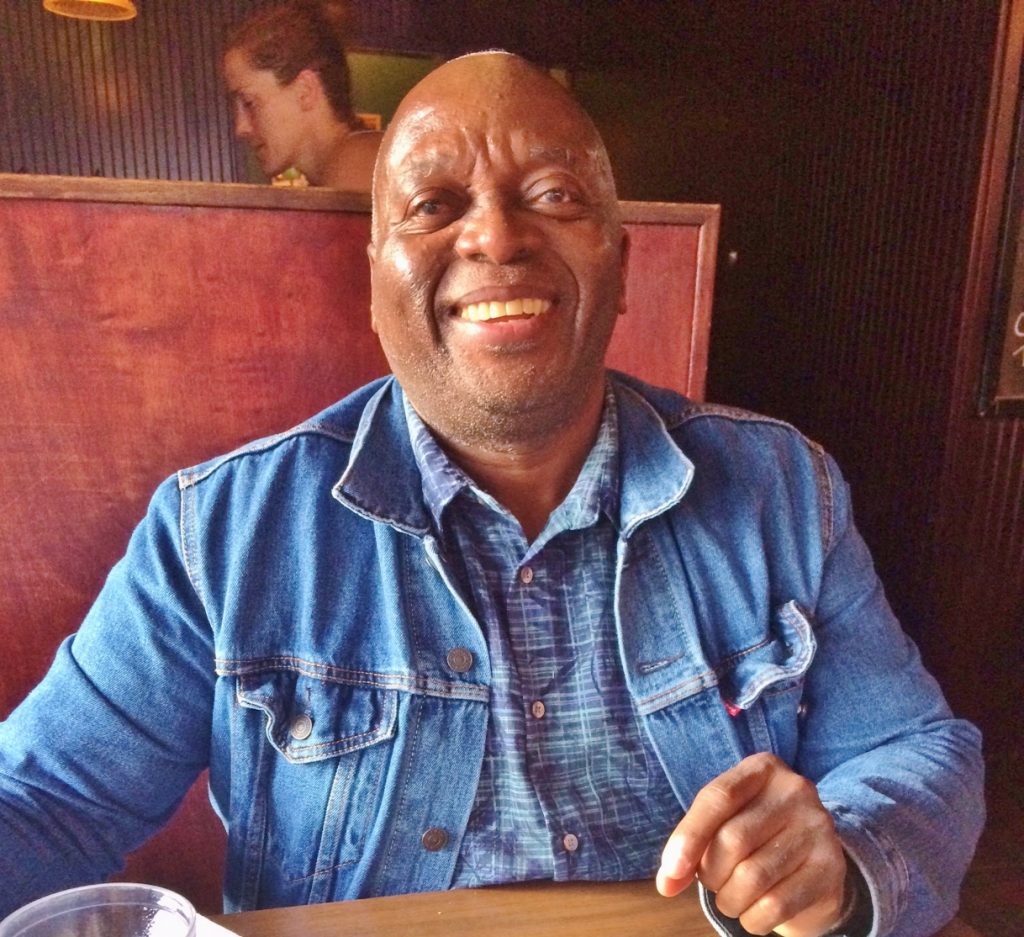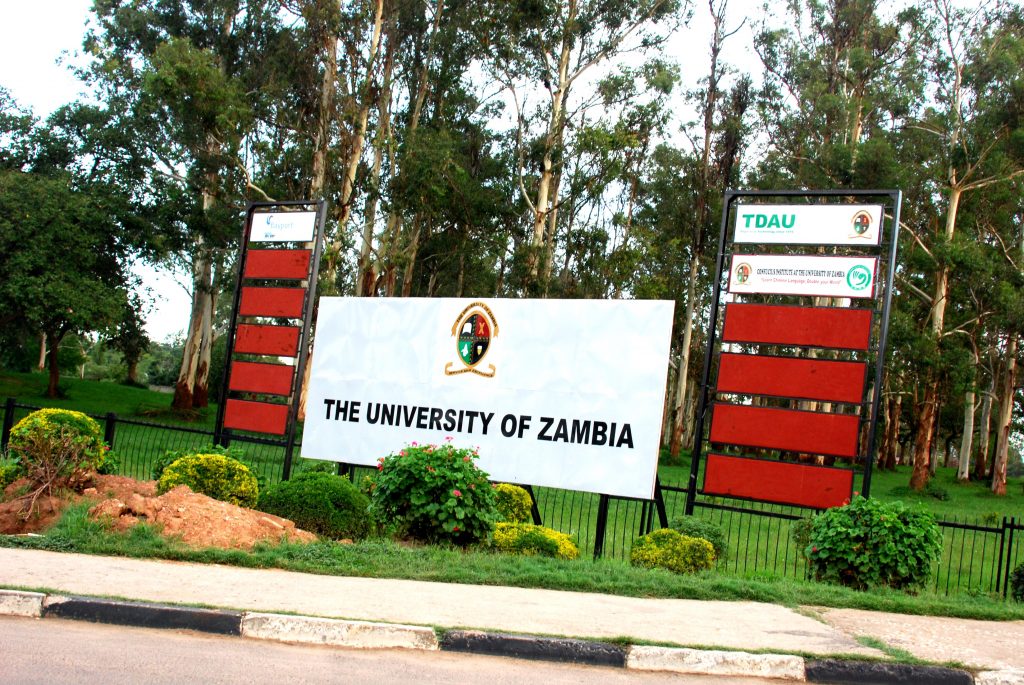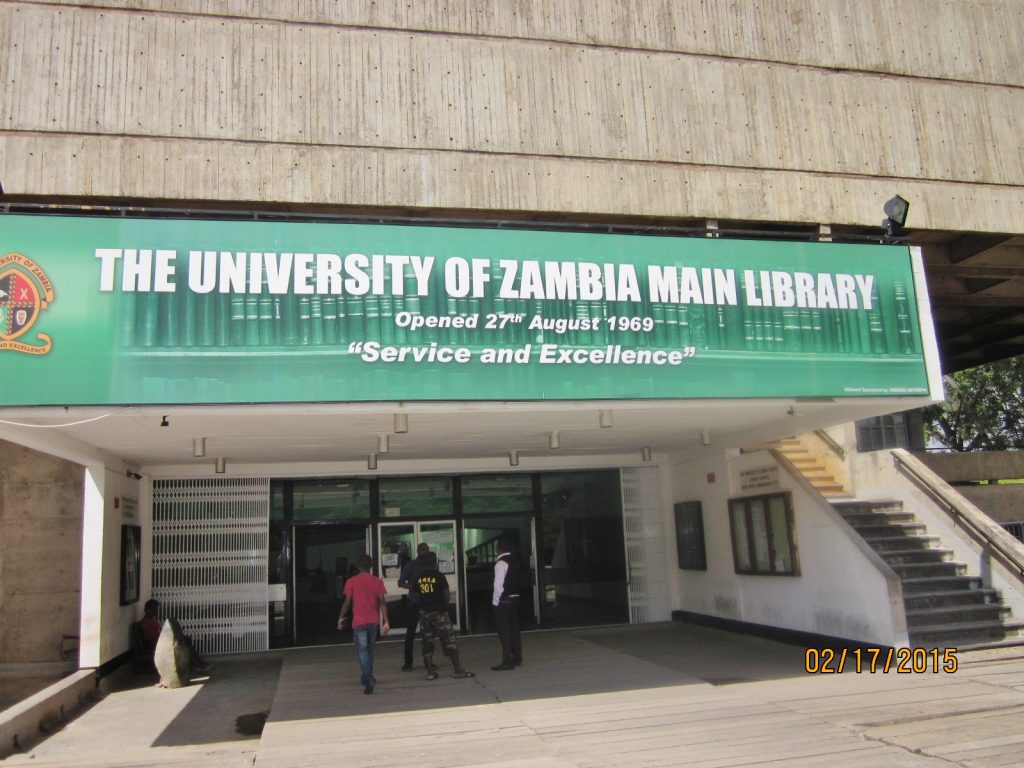I have a confession as well as frustration. I wonder if I am the only Zambian intellectual today my age (in the 60s) who has this perspective. When I went to UNZA in my first year in 1972, when I was learning everything in my courses and classes which was a Eurocentric epistemology masquerading as pure objective scientific knowledge, I always had a parallel perspective which I felt at the time and still today as an equally valid and legitimate perspective. For example, when I was introduced to Freudian Psychology that makes sweeping assumptions about monogamous marriage or true loving marriage as only between one man and one woman, I was asking questions in my mind during the lecture about how I could understand and analyze my grandfather who had 3 wives in my village while I was growing up. My experience was that many other male and females relatives were happy in polygamous or polygynous unions. Why was their epistemology invalid? I would ask.

Perspectives about the nature of our intellectual and scholarly pursuits are troubling to day for these same reasons.
What troubles me is that many of us Zambian intellectuals still are convinced that our scholarly research and agenda is objective and we are contributing to and advancing objective universal knowledge so long as we apply the scientific method. But most of this knowledge is economic, financially, and politically driven that both drives and reinforces Eurocentric epistemology that started in the 1600s when Europeans began to dominate and colonize the world. This domination continues to this day. The outcome is what is called white privilege today. We can’t seem to realize that there is a whole lot of indigenous valid and legitimate Zambian and African epistemology that might predate Jesus, Mohammed, the Greek Civilization (which was for only 300 years) and especially European influence which may have reached its peak from the 1700s to about 1950.

The irony of all this is that the knowledge that we as Zambians can use to uncover new epistemologies is embedded in our indigenous languages and history in the deepest sense; Chewa, Bemba, Lozi, Tonga, Zulu, Shona. It appears we will never recover this epistemology because many of us who have Ph. Ds. today may believe that English and many of the foreign languages we may have gotten our Ph. Ds. in are superior to our indigenous languages. I have witnessed the power of our indigenous languages in epistemology with some of the work I have done including my article “Beautiful Women in African Societies”. This crucial role of the Zambian thinker being embedded in indigenous culture and language is dramatically illustrated in Dr. Chisanga Nebat Siame’s work including especially “Katunkumene and Ancient Egypt in Africa”. He was able to do his work effectively because his knowledge is embedded in the deepest aspect of Bemba culture and at the same time deep knowledge of English.
My dream is that may be one day soon 10 Zambians including myself will have spent a whole year reading and immersing ourselves in everything we could get our hands on about Zambian and African indigenous knowledge and philosophy. Then we would all meet in Zambia at a remote location like the new Mwizenge Village. We then would have real or genuine philosophical discourses for one week undisturbed addressing; philosophy, astronomy, physics, math, healing and medicine, political science, history, culture, music, dance. We may even create some new disciplines. I am not sure this can even happen in my lifetime. This is the dream I have had since 1972.
One last and frustrating thing I have discovered: there are African Americans who have done tremendous research and are highly acclaimed in Black, African or Afrocentric scholarship. But I feel a certain sadness because they will never be able to comprehend and be in a position to defend the deeper aspects of African epistemology until they become truly embedded in Zambian or African culture. This creates tremendous challenges in their effort to debunk the hegemonic Eurocentric myths that masquerade as the only real and objective knowledge.
The double-edged paradoxical sword Eurocentric epistemology wields is that it claims to advance neutral and objective knowledge and scholarship while it simultaneously denigrates, apartheidizes, divides, continues to racialize, denies, minimizes, trivializes, shames, and demonizes indigenous African culture and its people. The same challenges also apply to the contemporary Zambian or African intellectual who has a Ph. D.

In other words, you cannot seriously conduct meaningful Zambian scholarship when the hegemonic Eurocentrism dominates. Eurocentrists continue to breathe down your neck while always demonizing Africans in the name of the seductive objective critical analysis, so-called scholarship, speaking to power, fighting rampant disease, patriarchal oppression of women, poverty reduction, and Zambian society that is consistently and wrongly always portrayed as never being fully democratic. The list of failures of Zambia since 1964 is often endless in much of this Eurocentric scholarship.